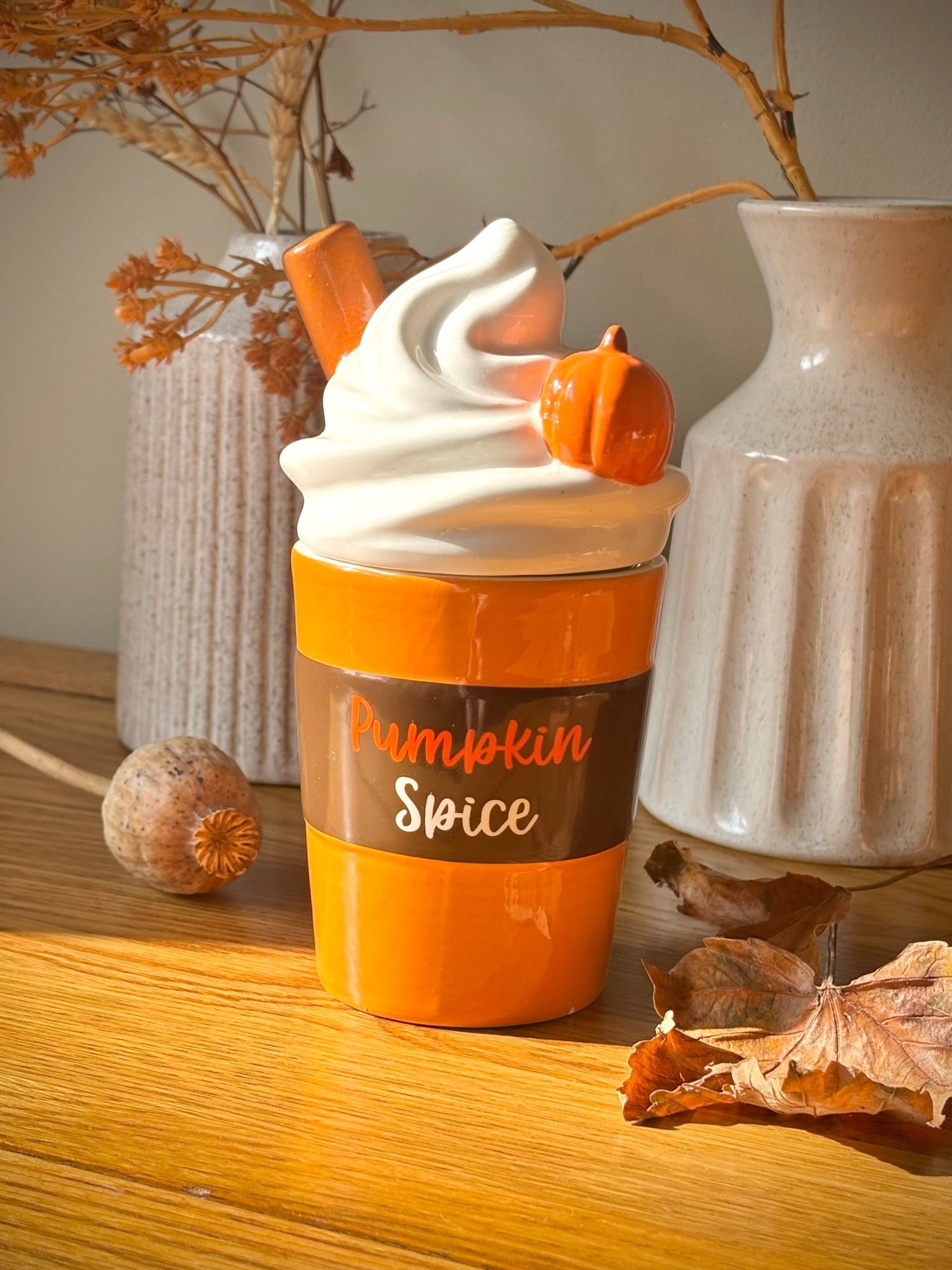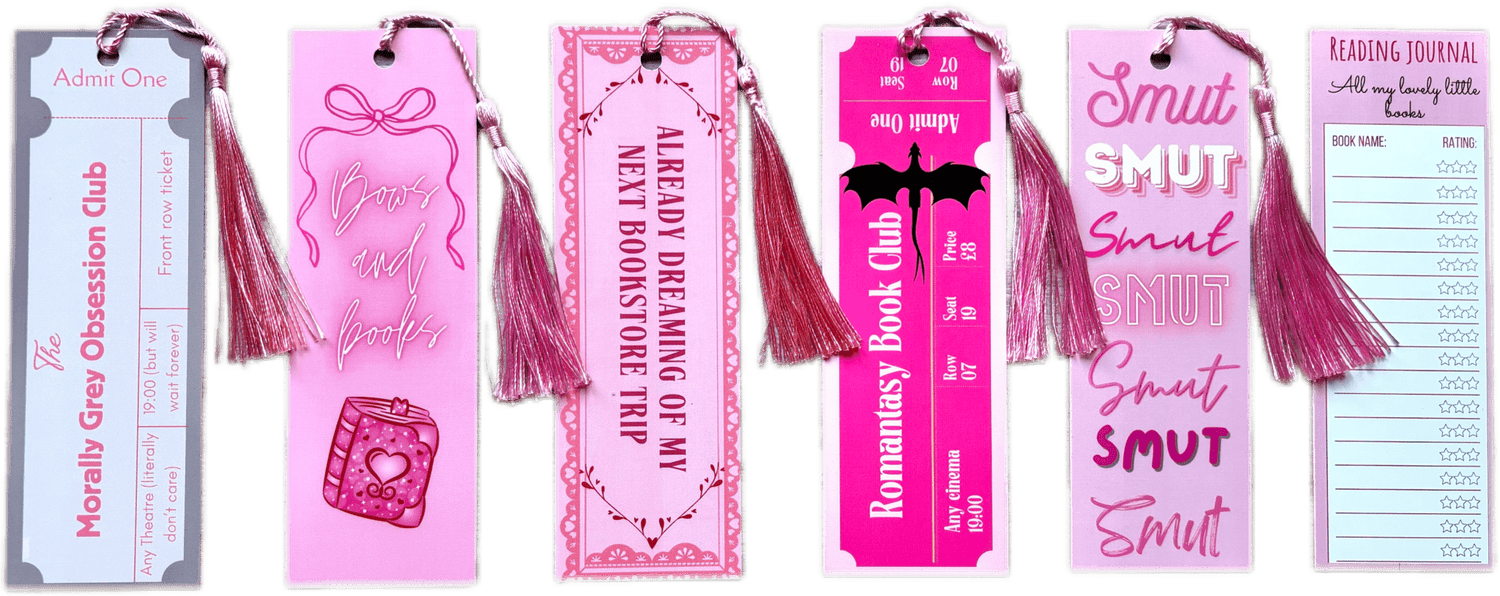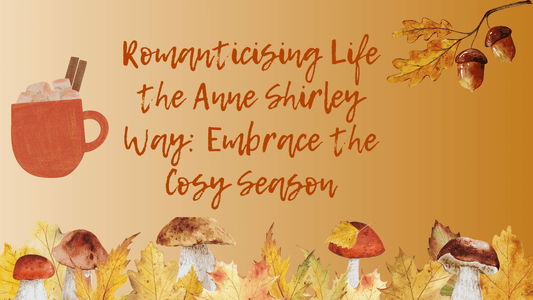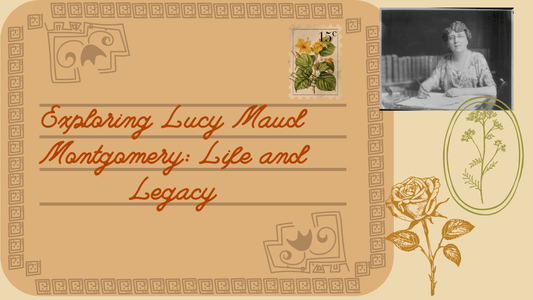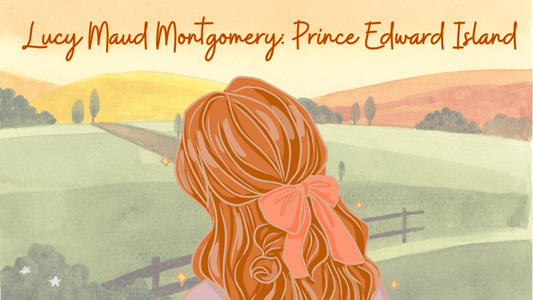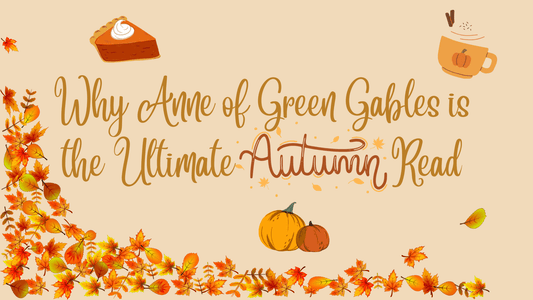Charles Dickens’ A Christmas Carol is one of the most beloved Christmas stories of all time. I just love it, I really do! I taught this at GCSE for nearly a decade and what I love the most about this novella (short novel) is that you pick up on something new each time... maybe you decode another metaphor or you research more niche context so another piece of the story clicks into place...for example... DID YOU KNOW when Marley is on the door knocker in Stave One, the light is described as "dismal...like a bad lobster in a dark cellar." At first you read this and wonder what on earth he's on about. So here is your fun fact: the Victorians did not have electricity, so no fridges! They would keep food cool in their dark cellars. Shellfish, once it starts to go off, the bacteria that forms on the shellfish can give off a glow. So this gives a really eerie image, adding to the ghostly presence of Marley in Stave One and I just LOVE this fact.
A Christmas Carol is filled with timeless wisdom, heartfelt emotion, and unforgettable characters. Its memorable quotes capture the spirit of generosity, redemption, and the true meaning of Christmas.
In this blog, we’ve curated some of the most iconic quotes from A Christmas Carol, each paired with beautiful, aesthetic visuals and thoughtful analysis. Whether you’re a longtime fan or discovering Dickens’ classic for the first time, these quotes will inspire you to reflect on the magic and meaning of the festive season.
Love Charles Dickens? Check out my blog post about visiting his home in London as part of our literary travels.
Let's get started!

A Christmas Carol opens with absolute bluntness and sets the tone for the entire novella (short novel). Charles Dickens uses this statement to immediately establish a key supernatural element: in order for Marley’s ghost to appear and have credibility, the reader must accept that he is, without question, dead. Dickens repeats it and emphasises it on purpose so we know what sort of story we are about to read...a ghostly one. It’s slightly humorous in its over-insistence, hinting at Dickens’s wit and the story’s blend of the eerie and the playful. You just know you're in for a great story already. Marley’s death isn’t just a part of the plot; it symbolises what happens when a life is lived in selfishness and greed, as his ghost later reveals (see next quote). By confronting the reader with death at the outset, Dickens prepares us for the moral awakening that will follow, not just for Scrooge but as a cautionary tale for all. FUN FACT: the Victorians loved telling ghost stories on Christmas Eve so this is why Dickens decided to talk about societal issues in this way...to engage the audience in their interests.

You all know this scene. The eerie, loud, jarring sound of chains being dragged across the floor to terrify Scrooge. When Jacob Marley says this, he reveals the core moral of A Christmas Carol. Marley becomes a mouthpiece. In life, Marley focused only on profit, neglecting compassion, charity, and human connection (hence his chains being made up of cash boxes and ledgers). This moment of regret is powerful because it shows that true “business” isn’t about money, but about caring for others. Scrooge doesn't take his warning seriously and doesn't even believe that Markey's ghost is even actually here (see below) and this enrages Marley. Marley’s warning to Scrooge is clear: wealth means nothing if it's not used to help those in need. This line reinforces the novella’s message about social responsibility and the consequences of a selfish life.

This quote always makes me chuckle. I always picture Scrooge McDuck's grumpy face sat in that chair. When Scrooge says this he's mocking Marley's ghost and trying to rationalise the apparition as a hallucination. The line is humorous and shows Scrooge’s skepticism; he’d rather believe he's imagining things due to indigestion than face the possibility of the supernatural. This moment highlights his stubborn disbelief and fear (again, Dickens playing on Victorian interests and fears of ghosts), but also Dickens’s use of wit to balance the story’s darker themes. It marks the beginning of Scrooge's inner conflict between logic and belief, setting the stage for his transformation.

When the Ghost of Christmas Past says this, it emphasises that the scenes shown to Scrooge are memories—unchangeable moments from his past. The word "shadows" suggests they are echoes or impressions, not living events, highlighting the passage of time and the idea that the past cannot be altered, only reflected upon. This line reinforces the theme of memory and self-reflection, showing how Scrooge must confront who he once was in order to understand how he became the man he is. As Scrooge sees more and more of his past, he becomes more empathetic and giddy. For example, when he sees his school he lights up, and when he sees Belle, he is pained by this and demands that the ghost stops haunting him. His pain in this stave is progress...an actual emotion wahoo!

Fezziwig's scene is so powerful in so many ways. Firstly, Scrooge sees an old employer who treated Scrooge with kindness when he was a young apprentice, and secondly he sees community and Christmas spirit, all forcing him to reflect on his changed ways. The Ghost is commenting (rather sarcastically and abruptly) on how just a little kindness from Fezziwig—a modest party and cheerful spirit—brought so much joy to his employees. This line highlights an important theme: generosity doesn’t have to be grand to be meaningful. It prompts Scrooge to reflect on the power of kindness and how leadership and compassion can deeply affect others, even through small gestures. It gets him thinking about his Clerk Bob Cratchit for the first time and how he treats him.

Scrooge recognises the power that Fezziwig has and how his actions create a lasting impact on the people around him. As a leader, he has power and a certain amount of responsibility to the people around him, forcing Scrooge to think about his own behaviours as an employer to an employee. This moment is massive for Scrooge... he is developing the ability to self-reflect! Such progress!

Spoken by Belle, Scrooge's fiancée in Stave Three. We really feel for Belle in this scene. She is calling Scrooge out for being a changed man. This metaphor is so powerful because she is referring to money, accusing Scrooge of replacing his love for her with a love for wealth. She is despondent in this scene and past Scrooge appears unbothered and cold. Current Scrooge finds this scene incredibly painful as he watches his old self let Belle go. It causes a bit of a climax in the novella where Scrooge demands that he extinguishes the light from the ghost's cap. In other words (metaphorically) he is done with having the past shined in his face and will not confront it any more. But again, this emotion that he is feeling is monumental. We see here that he clearly loved Belle and regrets his previous actions.

This quote is one of my favourites. The Cratchit's Christmas Dinner is one of the most famous scenes in the novella. This quote is special because it highlights the togetherness of the family- everyone has a job on Christmas Day to make the dinner a success. Dickens lists the family members and their jobs to create an image of a happy, busy scene that's bursting with Christmas cheer. This happy scene is abruptly juxtaposed with Tiny Tim's frailty; a stark reminder of the poverty and suffering within this family, and yet, the gratitude they display for their family and their dinner is heartbreaking and a huge wake up call for Scrooge.

This quote makes me want to weep every time...and I think that was Dickens' whole point. The effort Mrs Cratchit puts into the day is sublime. From her stressing about the pudding, to decorating her dress with ribbons she'd made from rags, the family recognises that it's a special day and they know exactly what makes it so special- the family being together. The Cratchit's are a microcosm (a smaller example to represent something larger) of the poor in Victorian London. Intertwined with their happiness and gratitude is a constant reminder of their abject poverty and Scrooge witnesses all of this, forcing him to finally care about others, requesting to know if Tiny Tim will live.

Bob Cratchit praises his wife's efforts a lot in this scene. She successfully made the pudding in the copper (check out my blog where I visit
Charles Dickens' home in London and see his actual copper and explain what it was!) and it is evident to everyone that the pudding is not big enough (nor is the entire meal) but the Cratchit's ozze with enthusiasm and gratitude and Bob even raises a glass to Scrooge "the founder of the feast", forcing Scrooge to feel nothing but guilt and horror for his complete lack of empathy and assistance for this struggling family.

Finally! Upon hearing that if things remain unaltered, Tiny Tim will die, and after seeing a complete lack of care and emotion from the people that knew him surrounding his own death, Scrooge is forced into having an epiphany. The scene that displays Tiny Tim's death is truly devastating: the house that was bursting with energy not so long back now have occupants "as still as statues", highlighting the crippling grief they are experiencing, juxtaposed with Scrooge's death. We see his maid, Mrs Dilber stripping his corpse of his nightgown to sell, we see Scrooge's debtors celebrating that they no longer owe such a cruel man money and we see businessmen discussing their opinions on who Scrooge might have left his money too. Scrooge sees very clearly he will remain lonely and detested in life and death. See the next quote!

Scrooge has learnt what the true meaning of Christmas is: kindness and togetherness. This metaphor shows how he now understands that this mindset isn't just for Christmas, but how he must live his life moving forward. A pivotal moment in this charming novella that proves the ghosts have done their job and achieved their goal. Scrooge says he will live in the "past, present and the future" meaning the lessons will stay with him forever.

Scrooge creates community, friendship and family. For himself and others. He famously sends the prized turkey to the Cratchit's when he wakes up on Christmas Day a changed man. What I love most is that he does this anonymously. He has learnt what a selfless good deed is (sorry Phoebe from Friends but they do exist!)
These similes contrast with the similes used at the beginning of the novella e.g. as solitary as an oyster to really hone in on his transformation. He experiences joy, laughter, a sense of giddiness- emotions he hadn't let himself feel for a long time and the 'lightness' he now experiences suggests he has shrugged the weight of his selfishness and greed off him.
Just beautiful. He really did make things better. The closing lines of the novella are narrated to us, just like the opening lines are to create a frame narrative. This again emphasises his complete transformation.
Saved the best quote till last. I don't need to say anything about this one xx
I loved writing this blog. I taught this book every year at school and this was my first year not teaching it and I really missed it! Hopefully you found it enjoyable and maybe learnt some new things! If you know a GCSE student, pass this on to help them with their analysis and if you know an English teacher , they will no doubt love the pretty quotes!
Know a fan? Need a gift for a book-lover? Send them a unique Christmas gift this year with my Christmas Carol Wax Melt Gift Box, featuring 6 wax melts embellished with some of my favourite quotes and nostalgic, festive scents. You even get a sixpence!

Lottie x



















